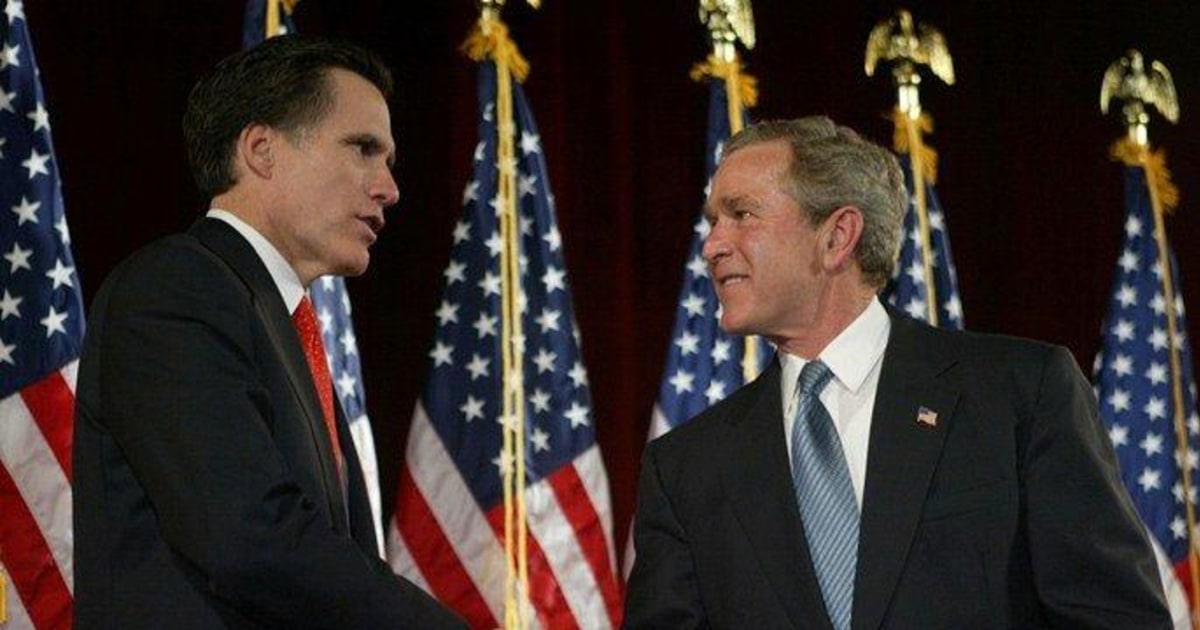
- Select a language for the TTS:
- UK English Female
- UK English Male
- US English Female
- US English Male
- Australian Female
- Australian Male
- Language selected: (auto detect) - EN
Play all audios:
BENGALURU: The ED on Thursday continued its searches at places linked to Karnataka Home Minister G Parameshwara as part of the probe into alleged gold smuggling-linked money laundering case
against Kannada actress Ranya Rao and others, official sources said. According to sources, searches continued in Siddhartha Engineering College, Siddhartha Medical College and Siddhartha
College in the state. The ED sleuths on Wednesday raided 16 locations in the state under the Prevention of Money Laundering Act (PMLA) targeting hawala operators and accommodation entry
operators who allegedly made "fake" financial transactions into Rao's accounts. The Enforcement Directorate filed a PMLA case a few months ago after taking cognisance of a CBI
and DRI (Directorate of Revenue Intelligence) complaint into a larger gold smuggling racket in India, including the case of Rao. ED sources claimed that 'an educational trust' is
suspected to have 'diverted' funds and made a payment of Rs 40 lakh towards the credit card bill of Rao, allegedly on the instructions of an influential individual. Rao was
arrested on March 3 at the Kempegowda International Airport in Bengaluru after arriving from Dubai. Acting on a tip-off, DRI officials detained her and seized gold bars weighing 14.2 kg and
valued at over Rs 12.56 crore. Rao and co-accused Tarun Kondaru Raju were granted bail on Tuesday by a special court for Economic Offences in Bengaluru in connection with the gold smuggling
case. The court approved their default bail applications after the DRI failed to file a chargesheet within the stipulated period. Rao, however, will continue to remain behind bars.
Authorities have filed a separate case against her under the stringent Conservation of Foreign Exchange and Prevention of Smuggling Activities Act, 1974 (COFEPOSA), a preventive detention
law designed to tackle smuggling and preserve foreign exchange reserves. Under COFEPOSA, individuals can be held without trial for up to a year based on suspicion of involvement in such
activities.








